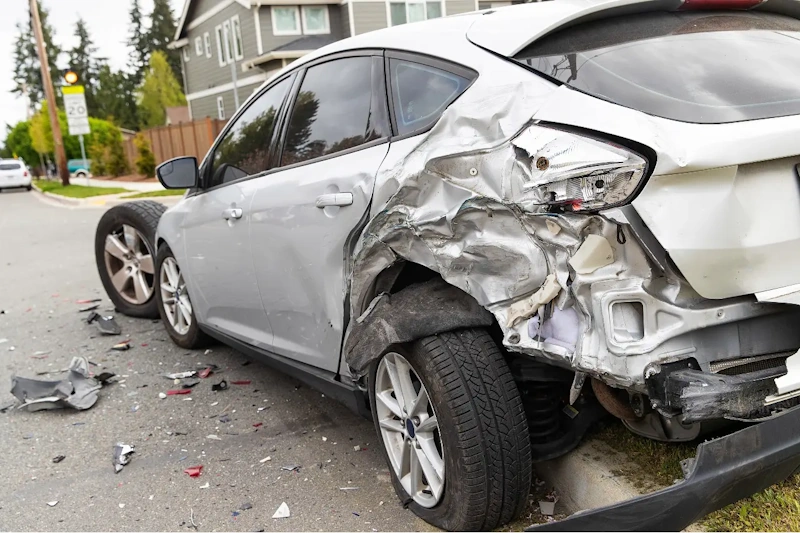Hit and Run Accident in South Carolina – Now What?

Every year, South Carolina drivers are the victims of countless hit and run accidents – sometimes resulting only in minor property damage, but often resulting in serious injuries to the vehicle occupants. When someone collides with your vehicle and then flees the scene, what should you do, and what recourse do you have? Let’s take it step by step…
Immediately after the initial impact
As soon as the accident happens, several legal principals kick into play. To begin, “John Doe” hit and run accidents are governed by a patchwork of statutes and case-law, most notably S.C. Code 38-77-170 and 180. Section 170(1) states,
(1) the insured or someone in his behalf has reported the accident to some appropriate police authority within a reasonable time, under all the circumstances, after its occurrence;”
So, the first thing you need to do is report the event to the police – whether you know the license tag or not, if nobody is hurt you should report the accident then and there at the roadside. If someone is injured, the law allows you to deal with the medical emergency first, but you might as well kill two birds with one stone and call 911 – thereby satisfying both the “reasonable time” police reporting and summoning medical help. Certainly, life-threatening medical emergencies should always be handled first.
Your right of recovery for damages – both property damage and bodily injury
Next, we turn to your legal rights following the accident. For any hit and run accident in South Carolina, if you’re able to identify the license tag and later able to track down the vehicle, you can always pursue that vehicle’s liability insurance coverage. However, if you can’t identify the vehicle, or if they have no insurance coverage, you then must turn to your own “uninsured motorist coverage” which is required by South Carolina law. To obtain benefits under this coverage, we must look at S.C. Code 38-77-170(2):
(2) the injury or damage was caused by physical contact with the unknown vehicle, or the accident must have been witnessed by someone other than the owner or operator of the insured vehicle; provided however, the witness must sign an affidavit attesting to the truth of the facts of the accident contained in the affidavit;”
So, in layman’s terms, you can only recover for a “John Doe hit and run accident” under your uninsured motorist coverage if either (a) the unknown vehicle made contact with your vehicle, or (b) another individual who is NOT the owner OR operator signs an affidavit attesting to what happened. As you can surmise, a problematic scenario occurs when the driver is also the owner, and the passenger is a co-owner – such as a husband and wife. In this scenario, if there is no contact, unfortunately there is no recovery unless you can locate another, independent eye witness.
Finally, no matter if you’re hurt or not, do your best to ID the “John Doe” vehicle
The final requirement for recovery under your uninsured motorist coverage pursuant to Code Section 170, in South Carolina, is found in subsection (3), which states:
(3) the insured was not negligent in failing to determine the identity of the other vehicle and the driver of the other vehicle at the time of the accident.”
So, be careful that you at least reasonably try to ascertain the identity of the fleeing vehicle. The law does not require you to be perfect in this regard, simply don’t be “negligent” or careless in doing so.
In sum, while there are several strict requirements to recover damages in a hit and run accident in South Carolina – both property damage and bodily injury – under South Carolina law, if you follow these basic principals in the beginning, it is likely you will recover something to compensate you for your losses.
If you have any questions regarding your rights after a car accident in Myrtle Beach, South Carolina please give Sansbury Law Firm a call at 843-315-9945, or visit https://sansburylaw.com/
Schedule a Visit
Disclaimer: Every case is different, you should consult an attorney regarding the specific facts of your case. Any advice contained in this article is intended to be merely informational in nature.

